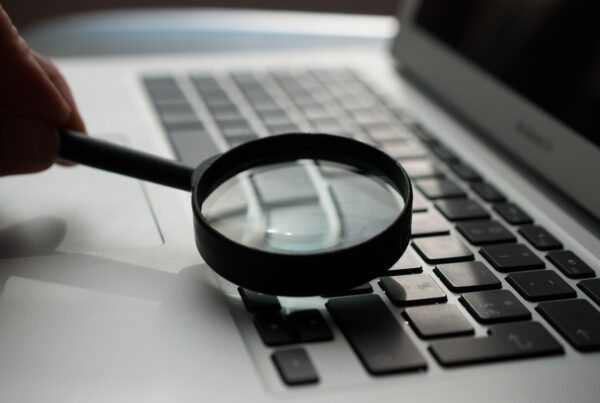
If you’re thinking about becoming a freelancer full time, you may wonder if you have to pay tax on the work you carry out as a freelancer.
The answer is yes!
No-one likes paying tax but just because you are a freelancer doesn’t mean you are off the hook…
HMRC, in fact, don’t see the difference between being ‘employed’ or ‘self-employed’ when it comes to taxes.
You want to become self-employed to earn extra money and work for yourself but alongside this comes some tax issues that you will need to think about…
How much tax do freelancers pay?
You will pay income tax of 20% on all earnings above your personal allowance and all earnings below the upper limit of the basic rate – which is £37,500 for the 2019/20 tax year.
However, you will have to pay 40% on all earnings above the basic rate limit until you reach the higher rate limit – which is £100,000.
When you prepare for your self-assessment tax return make sure that any tax that you have already paid is disclosed in this, that way you won’t be charged tax twice by the HMRC!
The amount of tax that you have to pay will be worked out by the HMRC once you submit your self-assessment tax return.
You will be glad to know that tax is payable on profit only, rather than being taxed on gross income.
Do you charge tax on freelance work?
Yes you can charge tax on your freelance work but you will only be eligible to do so when you have registered for VAT
Once you are registered you are allowed to charge an additional 20% of your invoice to clients. For example, if you charge £100, you are eligible to charge an extra £20 of VAT (20%) in your invoice to your client – making the subtotal £120.
When presenting an invoice to a client that has VAT – it is best to show the subtotal without tax first, for instance, £100 excl VAT. This way your client knows that you intend to charge tax for your services, then when you show the final invoice it will show £120.
How to pay tax if you are a freelancer:
If you have never done paid tax before as a freelancer, it can be slightly confusing and scary to figure out how to go about paying your tax.
Which is why you should take the following steps, so you know how to pay your taxes:
Get yourself an accountant
Yes, accountants do cost money but if you’re self-employed then it will really benefit you to be able to speak to a tax professional such as an accountant when you are unsure about anything money-related.
Get a basic understanding of what you need to pay
It’s very helpful for you, in the long run, to educate yourself on what taxes you need to pay so you aren’t completely in the dark and know if you have been charged too much or too little.
Keep hold of any receipts
Not only do freelancers have to pay tax but you can also claim tax back on any business-related expenses. This could include travel, equipment, food etc (link to ‘claim tax back’ blog)
Keeping hold of receipts is very important for when you are claiming tax back as you will need some form of proof that you spent anything at all.
Top tip: Try to keep your receipts digitally as after a while paper receipts ink fades and the total is no longer readable, which could be an issue when you are trying to claim tax back further down the line.
Fill out HMRC’s self-assessment tax return form
As mentioned earlier, as a freelancer, you will have to complete a self-assessment tax return form from the HMRC every tax year – which is April.
When filling out the self-assessment form you will need to do this for the previous tax year by October 31st, if you do it online or by post then it needs to be done by January 31st.
The good thing is, you don’t need to worry about all the maths when it comes to filling out your form as the HMRC will take care of it all for you.
How much should freelancers set aside for taxes?
It’s often recommended that you set aside 25 – 30% of your income. This may sound like a lot but not only are you paying income tax, but you must also pay for self-employed tax as well, which means your budget must cover both.
When you’re employed your employer pays half whilst you pay the other half, however, once you’re self-employed you now are your employer and must foot the whole of the tax bill. Which is why it’s known as self-employed tax. Make sense?


